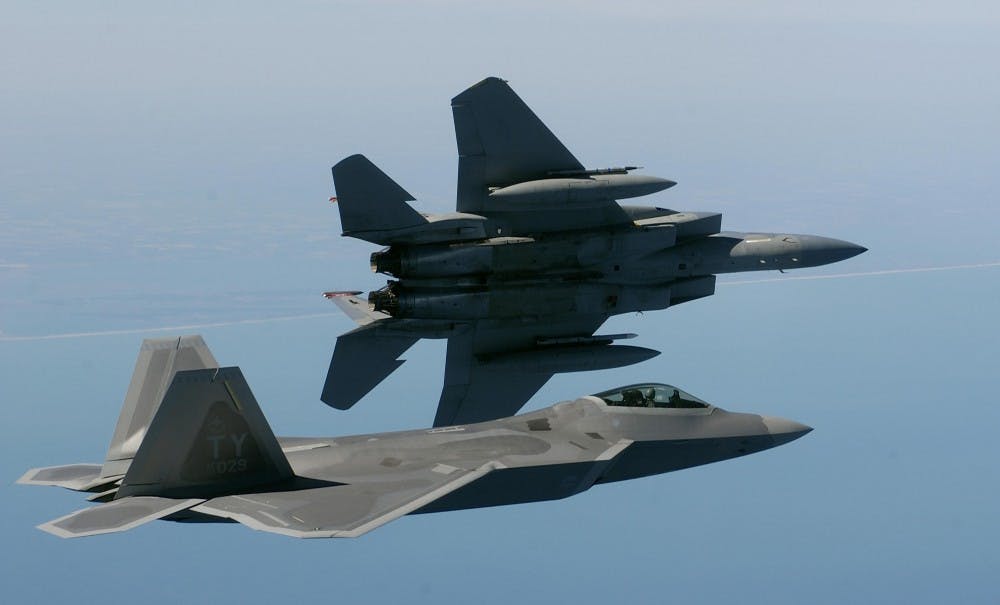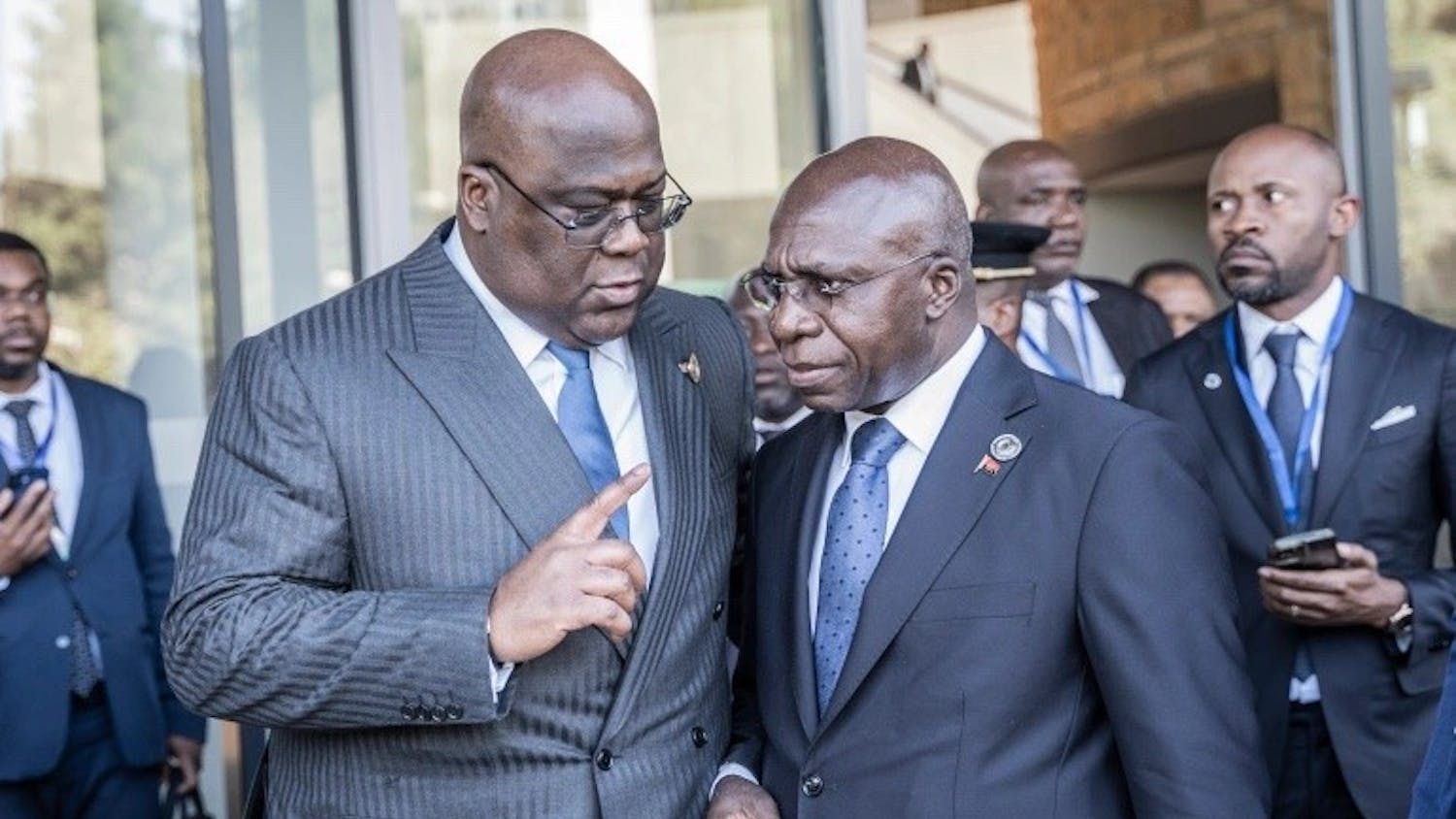By Tom Gbean | Echo
President Obama sparked a debate on Capitol Hill last week when he presented a request to authorize the use of military force (AUMF) against ISIL.
According to RedState, a conservative American political blog, a CNN poll reported over 70 percent of Americans would like Congress to give Obama the necessary authorization to expand U.S. military operations against ISIL. Although Congress, the president and the American people would like to see a defeated ISIL, current debate in Washington is centered around how far the AUMF would allow the president to go in fighting ISIL.
While Democrats are calling Obama's proposal too broad, Republicans are apprehensive that the new AUMF is too restrictive of the president's war-waging powers.
According to the American Enterprise Institute, the president's proposal will only make defeating ISIL harder, and will hamstring Obama's successor in office.
One worry for Republicans: this AUMF has a lifespan of only three years. After that, Congress will have to pass another AUMF proposal to continue the war.
Placing a three-year limit on combat efforts also leaves open the possibility of ISIL waiting the U.S. out. ISIL may employ destructive delaying tactics that include reverting to small-scale terror attacks, such as car bombings or restaurant bombings - methods similar to a war of attrition. These tactics favor ISIL, an organization that does not have a specified geographic location. This could deter a future war-weary Congress from passing another AUMF.
The second point of debate is a clause in the authorization which calls for Congress to prohibit the use of force in enduring offensive ground combat operations. The vague statements coming out of the White House indicate the president is considering defeating ISIL through more peaceful means.
"We cannot win by killing ISIS members. We have to get them out of poverty and give them jobs to beat them," said State Department spokeswoman Marie Harf, reported RedState.
This clause would restrict the role of ground troops and rely on allies in the Middle East who already failed to contain the ISIL threat.
Finally, the ISIL AUMF calls for the repeal of the 2002 AUMF that allowed the U.S. to invade Iraq. The president also filed a letter that revealed future plans to repeal the 2001 AUMF, which approved operations to engage groups responsible for the 9/11 attack.
If the president succeeds in persuading Congress to repeal the old AUMFs, then future military actions will be restricted solely to ISIL and its associates. This may prevent the president from engaging other organizations indirectly connected with the militant group.
CNN reported that Democrats are worried that new presidents can simply rely on the authority of the 2001 AUMF when the ISIL AUMF is expired. Representative Adam Schiff notes that the 2001 AUMF allows the president to go after whomever he deems a threat to the U.S. including associates of ISIL with few geographical and methodological constraints.
For the time being, it is unclear which direction the ISIL AUMF will take. Senate Armed Services Chairman John McCain stated on NBC's "Meet the Press" that he thinks Congress should not restrain the president of the United States.
"I think it would be a very serious situation where we are now 535 commanders in chief. Look, the president of the United States is the only commander".




![Sinai Camel picture[34].JPG](https://snworksceo.imgix.net/etu/20f794c9-face-4d78-b628-4523824a112f.sized-1000x1000.JPG?w=1500&ar=16%3A9&fit=crop&crop=faces&facepad=3&auto=format)
